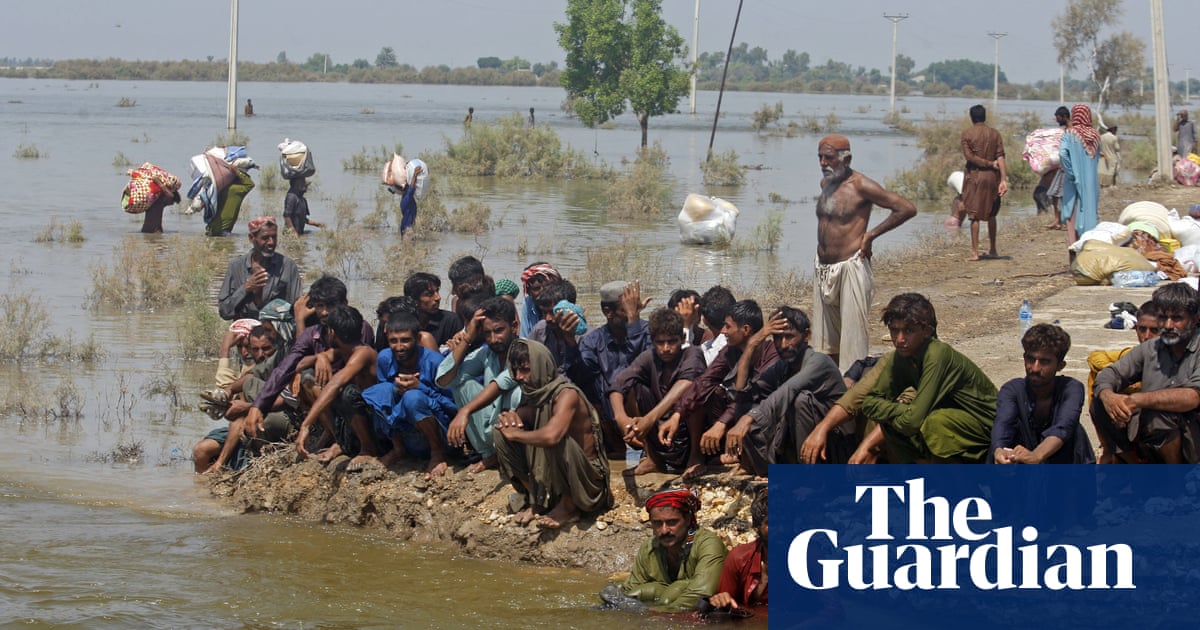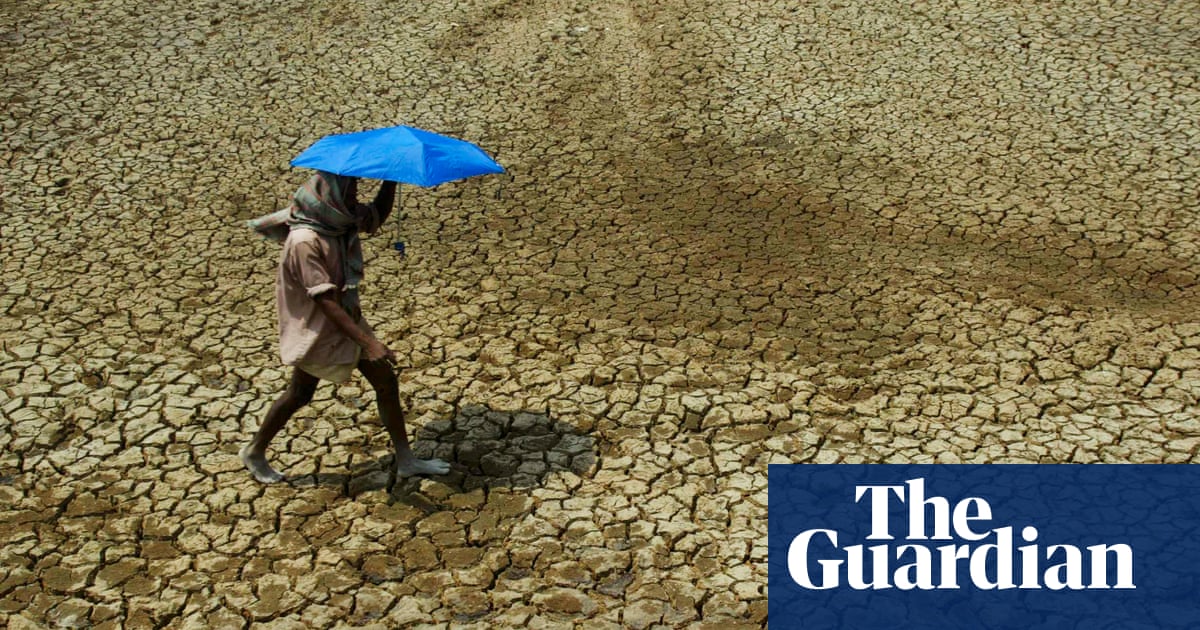
Throughout COP27, which ended last weekend, there was the usual juvenile sniping at the engagement in the climate change mitigation process of the oil-producing countries, as if anything could possibly be achieved without their collaboration.
The UK’s Guardian newspaper, which can always be relied on to bash the Gulf states on the slightest pretext, dedicated a long article to what it considered to be the shocking revelation that the UAE, which will be hosting COP28 next November, had taken the perfectly normal step of sending a large delegation to Sharm El-Sheikh.
Meanwhile, Saudi Arabia’s grand strategy for carbon capture, far more ambitious than anything else currently on offer in this vital field and endorsed by the UN as an essential weapon in the world’s necessarily multifaceted armory in the battle against global warming, has been dismissed by Greenpeace and its media enablers as a “false solution” and “a waste of time and money.”
But the real waste of time and money at COP27 was … well, COP27.
Not because the entire conference was undermined by the supposedly sinister Gulf lobby, but because it was hijacked and fatally compromised by the superficially righteous “loss and damage” brigade.
Loss and damage is the idea that poor countries that are suffering the effects of climate change, such as floods, storms and rising sea levels, should be financially compensated by the rich nations responsible for historic carbon emissions. This might sound like a great idea, a virtuous exercise in “climate justice.” But in reality, it is an insane distraction from the all-important job in hand — saving the planet.
Thanks to the focus on loss and damage, no progress at all was made at COP27 toward the world’s already shaky climate change goals. Worse, the stage has now been set for years of continuing inaction over the only thing that truly matters.
The actual mechanics of the “guilt tax” — which countries will pay which, and how much — are yet to be thrashed out. This means that, for the foreseeable future, instead of getting on with the business of saving the planet, the entire COP process is in danger of being shunted into a cul-de-sac of bickering and horse-trading over the loss and damage issue.
The irony is that, while the squabbling over compensation goes on, the impact of uncontrolled climate change on the nations demanding compensation will only grow worse. It is difficult to see what consolation a pocketful of gold will be for a nation already under water.
The despair among the “guilty” nations that felt obliged to sign up to this self-defeating agenda at Sharm El-Sheikh is palpable. “We went with … the agreement … because we want to stand with the most vulnerable,” said Germany’s climate envoy Jennifer Morgan, who was, as Reuters reported, “visibly upset” that the far more important goal of stronger climate change ambition had been compromised for the sake of the deal.
Even the World Wildlife Fund has declared that the plan to pay compensation to countries hit by the effects of climate change “risks becoming a down payment on disaster unless emissions are urgently cut in line with the 1.5 degrees Celsius goal.” That goal, agreed in Paris in 2015, was already deemed by the UN to be almost out of reach before COP27.
The UN, constitutionally obliged to stand up for the underdog, has been backed into a corner by the special pleading of the “victim” states. Secretary-General Antonio Guterres looked tired and defeated as he welcomed the loss and damage agreement as “an important step toward justice,” while adding, “we need to drastically reduce emissions now — and this is an issue this COP did not address.”
We now face a catastrophic scenario in which, as the impacts of global warming become ever worse — more of the stuff like the floods we have seen in countries such as Pakistan and Nigeria — instead of working to attack the cause, the world will be squabbling about which countries should be paid how much in compensation.
Inevitably, this will go on, unresolved and sucking up bandwidth, for years. In the face of the impending and increasingly likely disaster predicted by numerous and increasingly alarming reports from the Intergovernmental Panel on Climate Change, this amounts to a criminal waste of precious time and money, both of which would be better spent on solving the central, existential problem.
The UAE, which signed up to host COP28 in good faith, is doubtless braced for the slings and arrows that will come its way and is to be applauded for nevertheless sticking its head above the parapet. But now it also finds itself in the invidious position of being expected to pick up the ball that was dropped in Egypt, while simultaneously trying to progress the loss and damage agenda.
It is difficult to see what consolation a pocketful of gold will be for a nation already under water.
Jonathan Gornall
It simply cannot be done. Addressing climate change demands a single-minded, united global effort and loss and damage is a divisive, politically motivated distraction.
At the very least, this issue must be cut out from the truly urgent business of the Conference of the Parties to the UN Framework Convention on Climate Change and handed over to a completely different body, with no overlapping engagement.
Between now and next year, the UN and the Parties to the Convention need to get a grip. If they do not, COP28 in the UAE will be swamped by this self-defeating nonsense and all of us — including the aggrieved nations of the Global South — will pay the price.
Jonathan Gornall is a British journalist, formerly with The Times, who has lived and worked in the Middle East and is now based in the UK. Twitter: @JonathanGornall ©Syndication Bureau
Disclaimer: Views expressed by writers in this section are their own and do not necessarily reflect Arab News" point of view












